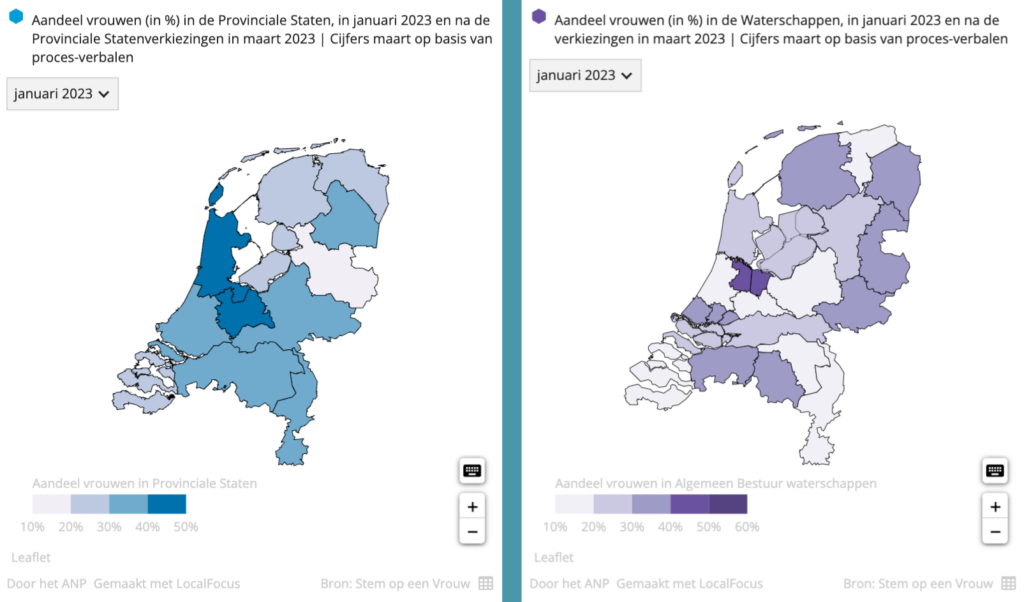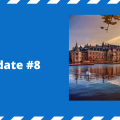
| Politics & Public Affairs: The 'witchification' of female politicians
The NRC previously described it as “the witchification of female politicians”: hatred of female politicians. Although we see more female leaders emerging around the world, their rise is often met with fierce resistance. That hostility was also visible in the Netherlands a few weeks ago. An angry crowd greeted Sigrid Kaag in Diepenheim with torches. Although the demonstrators pretended not to be aware of any harm, for many it was a clear attempt at intimidation. In the context of the international Women's Day, we thought it would be a good idea to investigate this. We know that politicians today increasingly face (online) hostility and threats. But female politicians face different challenges than their male colleagues. They are targeted not only because of their political beliefs, but also because they are women. This was also the case in the Diepenheim case. In her attempts to engage in conversation, Kaag was constantly called a witch or a bitch, words that are clearly linked to her gender. This hatred is often fueled by people's expectations of politicians. Historically, female politicians have generally been seen as “gentle,” “kind,” and “empathetic.” These are positive qualities, but they are often linked to traditional gender roles, which can lead to female politicians being underestimated. Kaag counters these prejudices by being assertive, determined and outspoken. Her leadership and self-confidence are perceived as threatening by others because she does not fit the stereotypical image of a female politician. This problem does not only affect Kaag, but also other female politicians. With the provincial council elections still fresh in our minds, we see that women are underrepresented in various areas of politics. For example, the national average of women on the electoral lists of the provincial councils is 33%, while Overijssel has a low of 19.6%. The average for the water boards is even lower: a national average of 27%, with a low of 16.7% in the Vallei & Veluwe water board. The national average in municipal councils is 37%, but the average in the House of Representatives is only 1% higher. Experts see that this 'witchification' of female politicians and the lagging representation of women are related. The way politicians like Kaag are treated in society sends a big signal to the next generation. Like this says political science professor Liza Mügge: “Misogyny can be a reason for young politicians to quit and for aspiring politicians not to even start.” This misogynistic political climate can cause the share of women in politics to stagnate. Therefore, let us ensure that our actions after such incidents encourage future generations rather than turn them away from politics.
The ratio of women in the Provincial Council and Water Boards: (source: Vote for a Woman) By Lisanne Linck |




